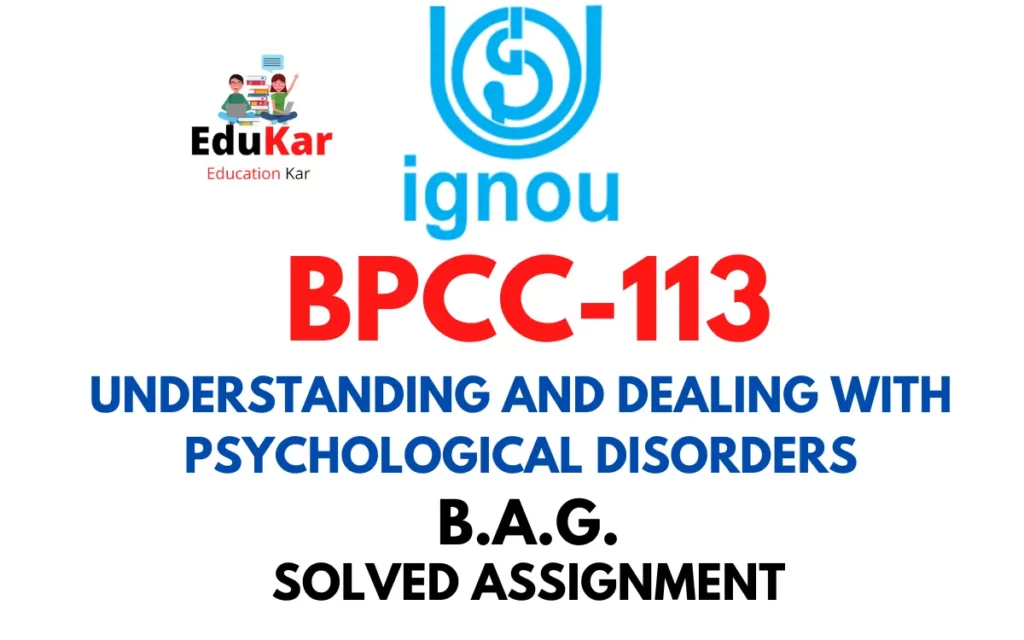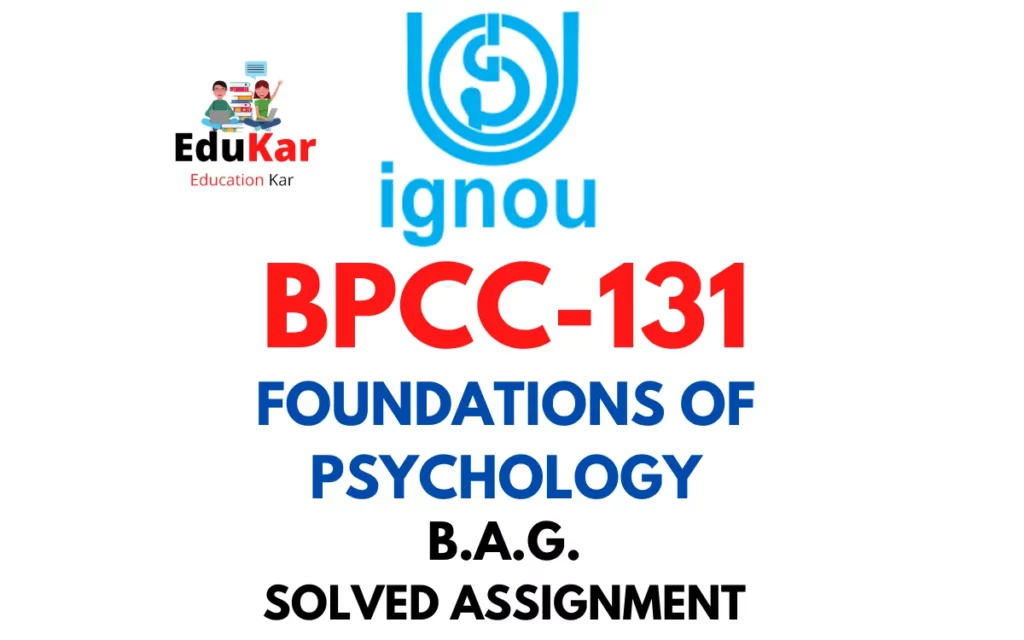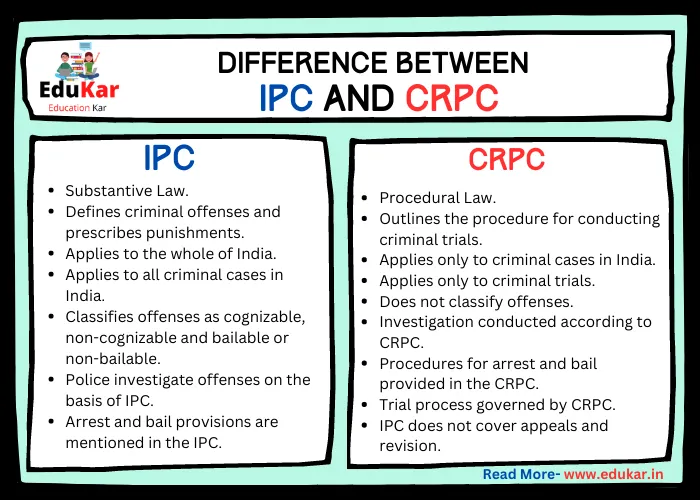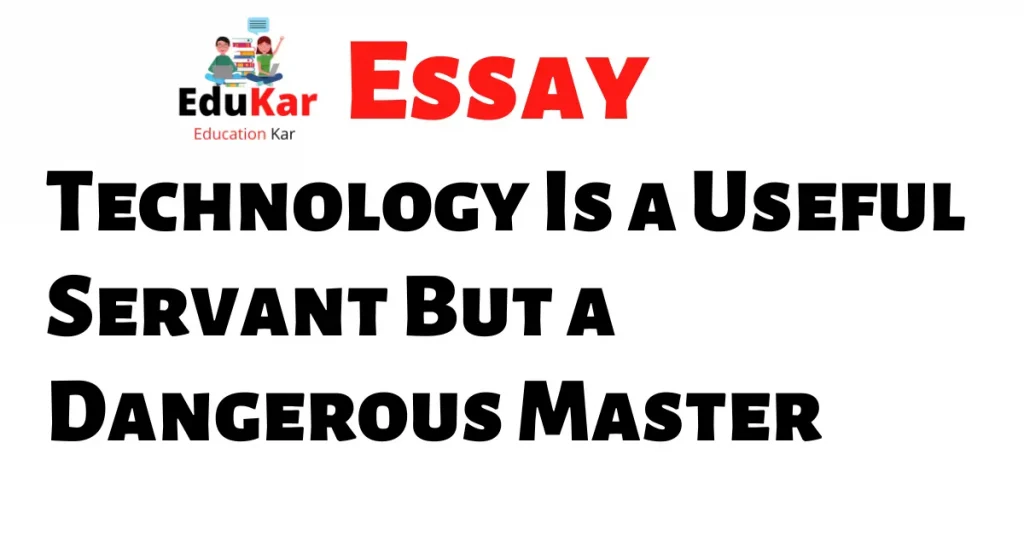Contents
- 1 1st Speech on Yoga (30 min)
- 2 2nd Speech on Yoga (20 min)
- 3 3rd Speech on Yoga (15 min)
- 4 4th Speech on Yoga (10 min)
- 5 5th Speech on Yoga (5 min)
- 6 FAQs
- 6.1 What is a speech on yoga?
- 6.2 What should I include in my speech on yoga?
- 6.3 What are the benefits of yoga?
- 6.4 How can I incorporate yoga into my daily routine?
- 6.5 What are some common misconceptions about yoga?
- 6.6 What are the different types of yoga?
- 6.7 Can anyone practice yoga?
- 6.8 What are some tips for practicing yoga safely?
Are you going to deliever a speech on Yoga? Check out our top 5 speeches on yoga, featuring expert advice and personal experiences. From the benefits of a consistent practice to tips on cultivating mindfulness, these speeches would leave a very good impact on your audience and also they would get more aware about the importance of yoga in daily life.
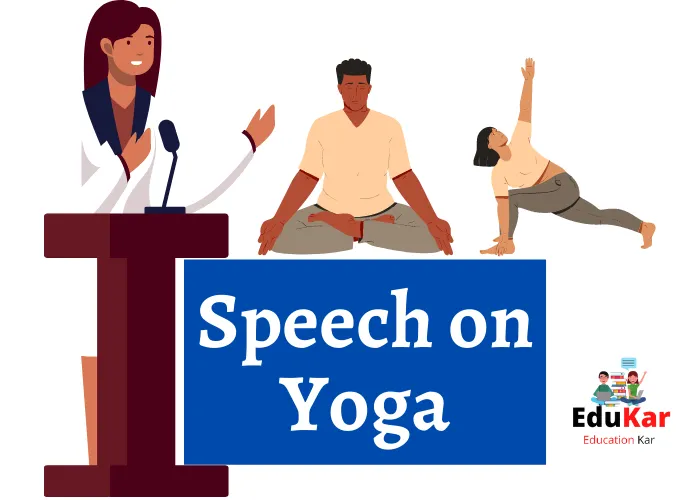
1st Speech on Yoga (30 min)
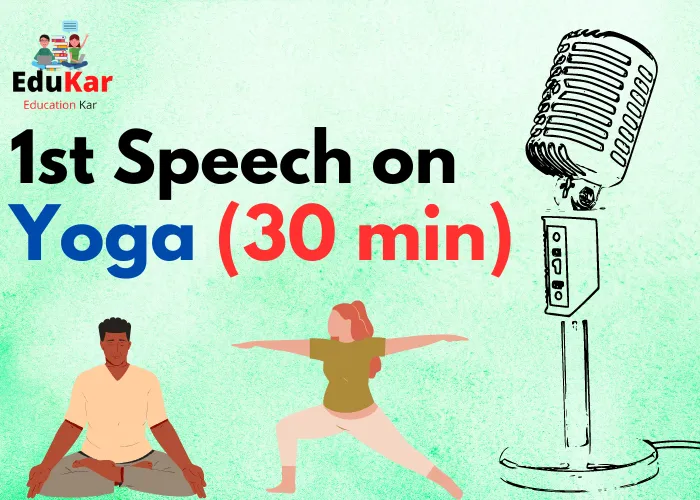
Good morning/afternoon/evening everyone,
Today, I would like to talk about an ancient practice that has been gaining popularity around the world in recent years – yoga. Yoga is a physical, mental, and spiritual discipline that originated in ancient India. The word “yoga” comes from the Sanskrit word “yuj,” which means to unite or to join. The practice of yoga aims to unite the body, mind, and spirit to achieve a state of balance and harmony.
Yoga has been practiced in India for thousands of years and has recently become popular in other parts of the world due to its many benefits. Today, yoga is widely recognized as a form of exercise that can help improve flexibility, balance, and strength. It is also known to reduce stress, improve sleep, and boost overall well-being.
One of the key elements of yoga is the practice of asanas, or yoga postures. There are hundreds of different asanas that can be performed, each with its own set of benefits. Some of the most popular asanas include the downward-facing dog, the tree pose, and the warrior pose. These postures are typically held for a period of time and are performed with controlled breathing.
Another important aspect of yoga is pranayama, or breathing techniques. These techniques involve controlling the breath to improve mental clarity and focus. Pranayama is believed to help reduce stress, calm the mind, and improve overall well-being.
Meditation is also an important part of yoga practice. Meditation involves focusing the mind on a specific object or idea, such as a mantra or the breath. Meditation is believed to help reduce stress, improve concentration, and promote a sense of inner peace.
The benefits of yoga are many and varied. Physically, yoga can help improve flexibility, strength, and balance. It can also help reduce pain and improve circulation. Mentally, yoga can help reduce stress, anxiety, and depression. It can also improve focus, concentration, and overall well-being.
One of the great things about yoga is that it can be practiced by people of all ages and fitness levels. You don’t need any special equipment to practice yoga – all you need is a comfortable mat and some loose clothing. Yoga can be practiced at home, in a studio, or even outside in nature.
If you’re interested in trying yoga, there are many different types of yoga to choose from. Some of the most popular types of yoga include:
- Hatha yoga: This is a gentle form of yoga that is suitable for beginners.
- Vinyasa yoga: This is a more dynamic form of yoga that involves flowing from one pose to the next.
- Ashtanga yoga: This is a more intense form of yoga that involves a set sequence of postures.
- Bikram yoga: This is a type of yoga that is performed in a hot and humid room.
- Iyengar yoga: This is a type of yoga that focuses on correct alignment and the use of props.
Yoga is an ancient practice that has many benefits for both the body and mind. It is a gentle form of exercise that can be practiced by people of all ages and fitness levels. If you’re interested in trying yoga, there are many different types of yoga to choose from. So why not give it a try and experience the benefits for yourself? Thank you.
2nd Speech on Yoga (20 min)
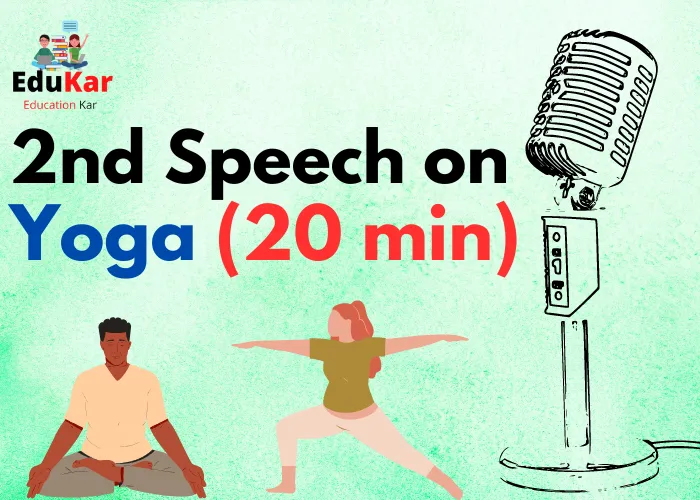
Ladies and gentlemen,
Today, I want to talk to you about one of the most ancient practices that has stood the test of time – Yoga. Yoga is a system of physical, mental, and spiritual practices that originated in ancient India. It is a practice that has been around for thousands of years and has become increasingly popular around the world in recent years.
Yoga is a holistic approach to health and well-being that emphasizes the interconnectedness of the mind, body, and spirit. It involves a series of physical postures, breathing exercises, and meditation techniques that help to improve flexibility, strength, balance, and relaxation. Through the regular practice of yoga, individuals can experience numerous benefits for their physical and mental health.
One of the most significant benefits of yoga is its ability to reduce stress and promote relaxation. The practice of yoga emphasizes deep, controlled breathing and relaxation techniques that help to calm the mind and reduce anxiety. This can be particularly beneficial for individuals who suffer from stress-related conditions, such as high blood pressure, heart disease, and depression.
In addition to reducing stress, yoga can also help to improve flexibility and mobility. The physical postures of yoga, also known as asanas, are designed to stretch and strengthen the muscles, ligaments, and joints of the body. Regular practice of these postures can help to improve flexibility, increase range of motion, and reduce the risk of injury.
Furthermore, yoga has been shown to have a positive impact on mental health. The practice of yoga has been linked to improved mood, increased feelings of happiness and well-being, and a reduction in symptoms of anxiety and depression. It can also help to improve cognitive function and memory, making it an excellent choice for individuals who want to improve their mental clarity and focus.
Another benefit of yoga is its ability to promote better sleep. The relaxation techniques and breathing exercises used in yoga can help to calm the mind and promote restful sleep. Regular practice of yoga can help to improve sleep quality and reduce the incidence of sleep disorders such as insomnia.
Moreover, yoga can also help to improve overall physical fitness. The physical postures of yoga can help to improve cardiovascular health, increase muscular strength, and enhance endurance. Yoga is also an excellent choice for individuals who want to lose weight, as it can help to burn calories and improve metabolism.
Aside from these physical and mental benefits, yoga can also help to promote a deeper sense of connection and spirituality. Through the practice of yoga, individuals can develop a greater awareness of their inner selves and connect with something greater than themselves. This can lead to a sense of purpose and meaning in life, which can be particularly beneficial for individuals who are struggling with feelings of emptiness or lack of direction.
Finally, yoga is a practice that has stood the test of time for good reason. Its numerous benefits for physical and mental health make it an excellent choice for individuals who want to improve their overall well-being. If you haven’t tried yoga yet, I encourage you to give it a try. Whether you’re looking to reduce stress, improve your physical fitness, or connect with something greater than yourself, yoga has something to offer for everyone. Thank you.
3rd Speech on Yoga (15 min)
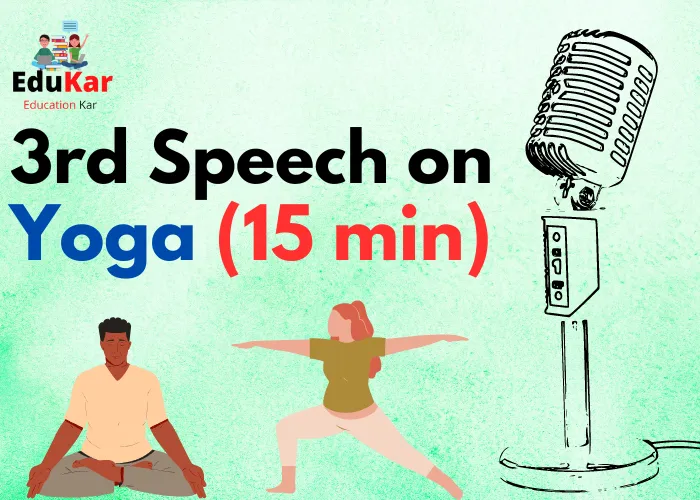
Dear friends,
It is my pleasure to speak with you today about one of the most ancient and powerful practices in the world – yoga. Originating in India over 5,000 years ago, yoga is a practice that has been enjoyed by people of all ages and backgrounds for centuries. Today, millions of people all over the world practice yoga, and for good reason. Yoga has countless benefits for our physical, mental, and emotional well-being, and it is a practice that can truly transform our lives.
At its core, yoga is a practice that combines physical postures, breathing exercises, and meditation to create a sense of balance and harmony in the body and mind. The physical postures, or asanas, help to strengthen and stretch the muscles, while also improving flexibility, balance, and coordination. The breathing exercises, or pranayama, help to calm the mind, reduce stress and anxiety, and increase focus and concentration. And the meditation, or dhyana, helps to quiet the mind, cultivate inner peace, and connect us to our true selves.
One of the most beautiful things about yoga is that it is a practice that is accessible to everyone, regardless of age, fitness level, or experience. Whether you are a beginner or an advanced practitioner, there is always something new to discover in yoga. And because yoga is a holistic practice that works on all levels of our being – physical, mental, and emotional – it can be tailored to meet the unique needs of each individual.
When we practice yoga regularly, we begin to experience a number of benefits in our lives. Physically, we become stronger, more flexible, and more balanced. We also improve our circulation, digestion, and immune function, which can help to prevent a wide range of illnesses and diseases. Mentally, we become more focused, alert, and present, which can help us to be more productive, creative, and effective in our daily lives. And emotionally, we become more peaceful, compassionate, and joyful, which can help us to build stronger relationships, manage stress and anxiety, and experience greater fulfillment in life.
But perhaps the most important benefit of yoga is that it helps us to connect with our inner selves and our deepest values. When we practice yoga, we learn to listen to our bodies, our hearts, and our minds, and to cultivate a sense of awareness and mindfulness that can transform our relationship with ourselves and others. We learn to let go of our fears and doubts, and to embrace our true potential and purpose in life.
So whether you are a seasoned yogi or a beginner, I encourage you to make yoga a part of your daily routine. Whether you practice for a few minutes a day or an hour, whether you practice at home or in a studio, the benefits of yoga are undeniable. As you practice, you will discover new aspects of yourself and your world, and you will develop a greater sense of clarity, compassion, and purpose. So let us all embrace the practice of yoga, and experience the transformational power of this ancient and beautiful tradition.
Thank you.
4th Speech on Yoga (10 min)
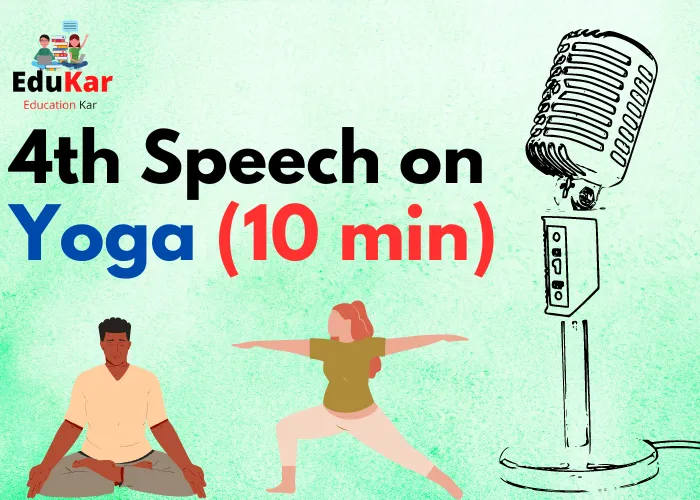
Dear friends,
I am here today to talk to you about one of the oldest and traditional practices in the world – yoga. For centuries, people have turned to yoga for its numerous physical and mental benefits. It is not just a form of exercise but a way of life.
Yoga originated in India thousands of years ago and has since spread throughout the world. It is a practice that unites the mind, body, and spirit, and it is based on the belief that the body and the mind are intimately connected.
One of the most well-known benefits of yoga is its ability to improve physical health. Practicing yoga regularly can help improve flexibility, strength, and balance. It can also help alleviate pain and improve posture. Yoga poses are designed to stretch and strengthen different parts of the body, and with regular practice, you can see significant improvements in your overall physical health.
But yoga is not just about the physical benefits. It also has numerous mental benefits. Yoga can help reduce stress and anxiety, improve mood, and promote a sense of calm and inner peace. It can also help improve focus and concentration, which can be beneficial in both personal and professional settings.
There are many different types of yoga, each with its own unique benefits. Some of the most popular types of yoga include Hatha, Vinyasa, and Ashtanga. Hatha yoga is a gentle form of yoga that is great for beginners. It focuses on basic poses and breathing techniques. Vinyasa yoga is more fast-paced and involves moving from one pose to another in a fluid motion. Ashtanga yoga is a more intense form of yoga that involves a set series of poses that are performed in a specific order.
One of the best things about yoga is that it is accessible to everyone. You do not need to be flexible or have any prior experience to start practicing yoga. There are many different levels and modifications that can be made to accommodate all skill levels and physical abilities.
Another great thing about yoga is that it can be done anywhere. You do not need any special equipment or a gym membership to practice yoga. All you need is a quiet space and a yoga mat, and you are ready to go.
In addition to physical and mental benefits, yoga can also help promote a sense of community. Practicing yoga with others can be a great way to meet new people and build relationships. Many yoga studios offer classes and workshops, and there are many online resources available for those who prefer to practice at home.
At last, yoga is an incredibly beneficial practice that can improve both physical and mental health. It is accessible to everyone and can be done anywhere. Whether you are a beginner or an experienced practitioner, there is something for everyone in the world of yoga. I encourage you all to give it a try and see for yourself the amazing benefits that yoga can bring to your life. Thank you.
5th Speech on Yoga (5 min)
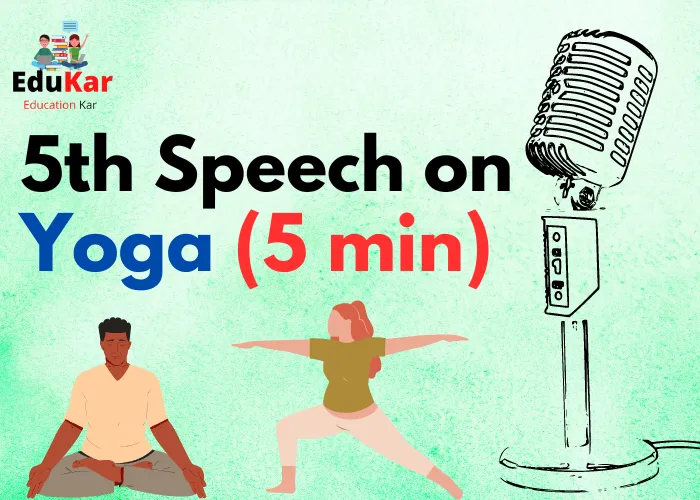
Good Morning/Afternoon/Evening Friends/Teachers
Today, I would like to talk to you about the incredible practice of yoga. Yoga has become increasingly popular in recent years, and it is not difficult to see why. With its ability to improve both physical and mental health, yoga has become a go-to exercise for people of all ages and backgrounds.
The origin of yoga is from thousands of years to ancient India, where it was first developed as a spiritual practice. Over time, yoga has evolved into a more physical practice, with an emphasis on stretching, breathing, and relaxation techniques. Today, there are many different styles of yoga, each with their own unique benefits.
One of the most obvious benefits of yoga is its ability to improve flexibility and strength. By holding various yoga poses, or asanas, for extended periods of time, practitioners can increase their range of motion and build muscle. Additionally, yoga is a low-impact exercise, which means it is gentle on the joints and can be practiced by people of all ages and fitness levels.
But yoga is much more than just a physical practice. The breathing and relaxation techniques used in yoga can have a profound effect on mental health. Studies have shown that regular yoga practice can help reduce stress, anxiety, and depression. By focusing on the breath and being present in the moment, practitioners can quiet their minds and find a sense of peace and tranquility.
Yoga is also a great way to connect with others. Many yoga classes are taught in a group setting, which provides an opportunity to meet like-minded people and build a sense of community. The non-competitive nature of yoga means that everyone can practice at their own pace and level, without feeling judged or inadequate.
So whether you are looking to improve your physical health, mental well-being, or social connections, yoga has something to offer. It is a practice that can be adapted to suit your individual needs and preferences, and can be done anywhere, anytime.
In the end, I would like to encourage you all to try yoga for yourself. Whether you attend a class, practice at home, or just incorporate a few simple poses into your daily routine, I am confident that you will feel the benefits of this amazing practice.
Thank you.
FAQs
What is a speech on yoga?
A speech on yoga is a spoken presentation that covers various aspects of yoga, including its origins, principles, benefits, and practices.
What should I include in my speech on yoga?
Your speech on yoga should cover the basics of yoga, including its history, philosophy, benefits, and different types of yoga practices. You can also include personal experiences or stories about how yoga has impacted your life.
What are the benefits of yoga?
Yoga has many benefits, including stress reduction, improved flexibility, better posture, increased strength, and improved mental clarity and focus. It can also help with conditions such as anxiety, depression, and chronic pain.
How can I incorporate yoga into my daily routine?
You can incorporate yoga into your daily routine by setting aside a specific time each day for yoga practice. You can also find online yoga classes or use yoga apps to guide your practice.
What are some common misconceptions about yoga?
Some common misconceptions about yoga include that it is only for flexible people, that it is a religion, or that it is only for women. In reality, yoga is for people of all abilities, it is not a religion, and it is practiced by people of all genders.
What are the different types of yoga?
There are many different types of yoga, including Hatha, Vinyasa, Ashtanga, Bikram, and Kundalini. Each type of yoga has its own set of principles and practices.
Can anyone practice yoga?
Yes, anyone can practice yoga regardless of age, gender, or physical ability. It is important to find a style of yoga that is appropriate for your level of experience and physical abilities.
What are some tips for practicing yoga safely?
Some tips for practicing yoga safely include warming up properly before beginning your practice, using props as needed, practicing within your limits, and listening to your body. It is also important to seek guidance from a qualified yoga teacher if you are new to yoga or have any health concerns.

![Speech on Subhash Chandra Bose [Short & Long] Speech-on-Subhash-Chandra-Bose](https://edukar.in/wp-content/uploads/2023/03/Speech-on-Subhash-Chandra-Bose.webp)


